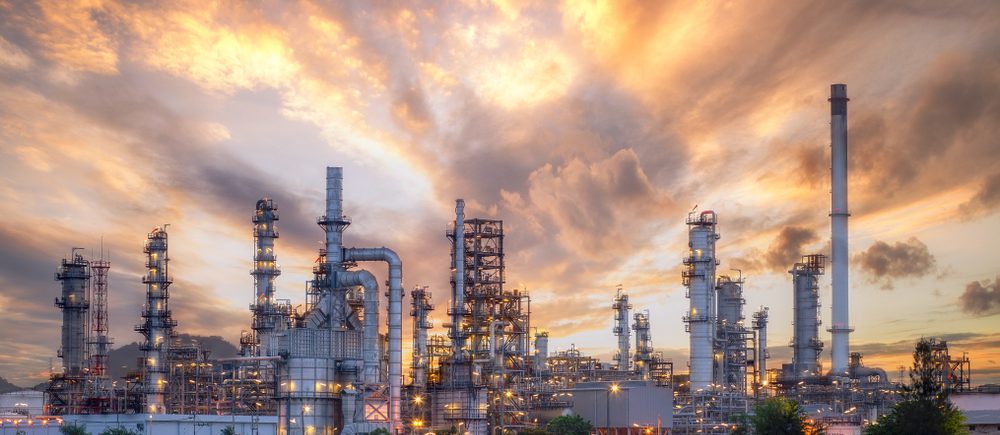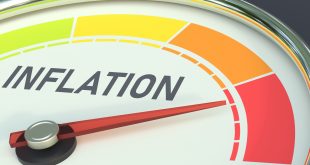Oil prices rose on Thursday, October 27, to continue rising more than 3% in the previous session, supported by record-high US crude exports and a weak dollar. Still, persistent concerns about weak demand in China limited gains in Asia.
By 03:32 GMT, Brent crude futures rose 20 cents, or 0.2%, to $95.89 a barrel. US West Texas Intermediate crude rose 19 cents, or 0.2%, to $88.10 a barrel.
According to weekly government data released on Wednesday, US crude stocks rose by 2.6 million barrels last week, with crude exports rising to 5.1 million barrels per day, the highest level ever.
Hiroyuki Kikukawa, general manager of research at Nissan Securities, said that “strong US crude exports raised optimism about demand and prompted new purchases, but concerns about the continuation of China’s turbulent economic policies in light of the growing strength of President Xi Jinping limited gains in Asia.” “.
Global investors dumped Chinese assets earlier in the week amid concerns that the focus on ideology may increasingly outweigh the focus on growth under China’s most powerful leader since Mao Zedong.
The World Bank said on Wednesday that it expects energy prices to fall 11 percent in 2023 after rising 60 percent this year in the wake of Russia’s invasion of Ukraine. Still, slowing global growth and curbs to combat the Coronavirus in China could lead to a sharper decline.
Prices also received support from the dollar’s weakness, as the recent strength of the US currency was a clear factor behind curbing the oil market’s gains. The dollar fell on Thursday as market expectations increased to ease the US Federal Reserve’s tough stance on raising interest rates.
A weak dollar makes US-denominated oil less expensive for holders of other currencies.
 Noor Trends News, Technical Analysis, Educational Tools and Recommendations
Noor Trends News, Technical Analysis, Educational Tools and Recommendations





